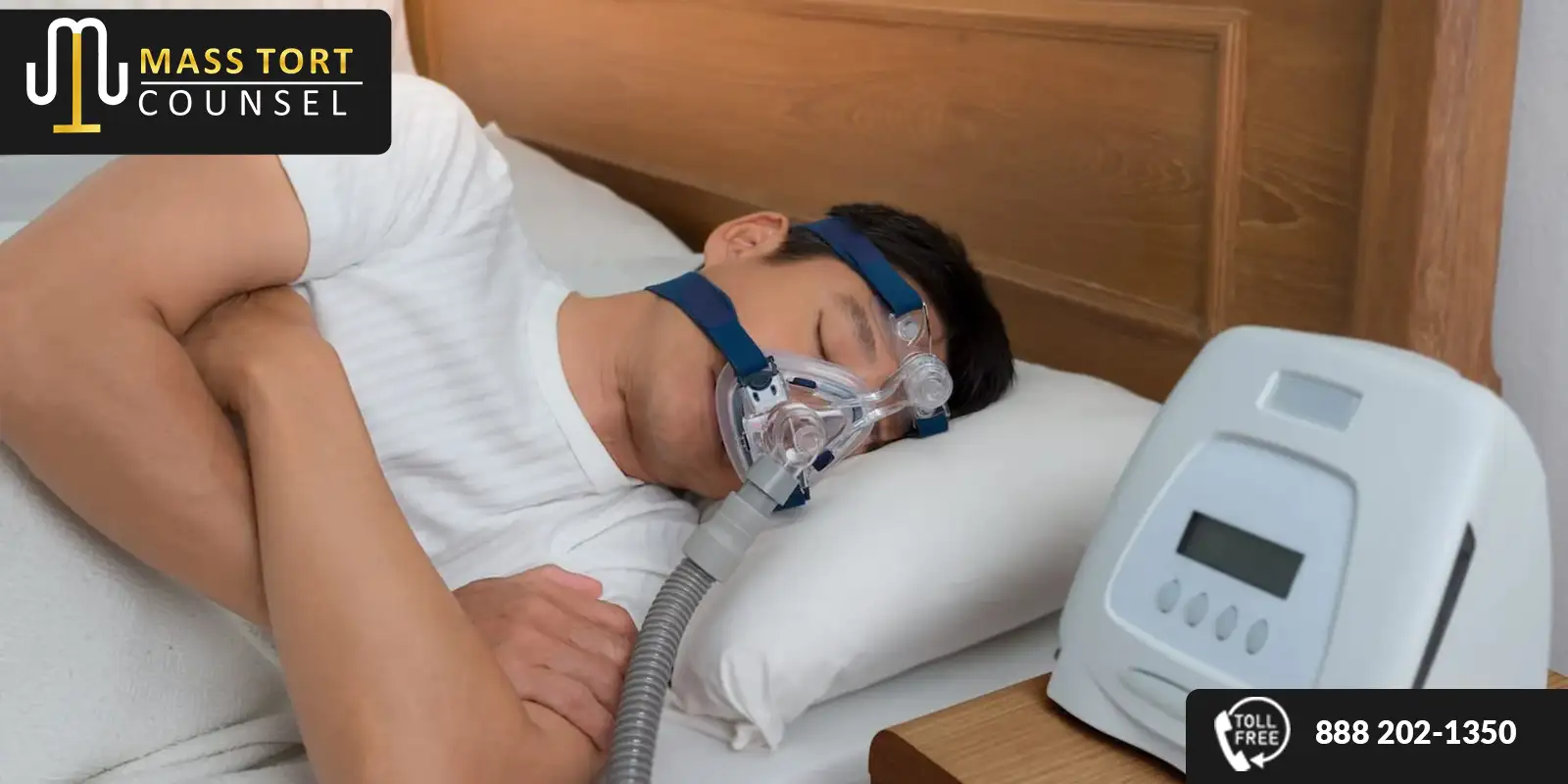Free Case Review


Philips CPAP
When a person has sleep apnea, their breathing may become very shallow or even stop entirely while they are asleep. This can result in a variety of health issues, such as headaches, fatigue, hypertension, heart attacks, and stroke.
The most common form of treatment for sleep apnea is CPAP therapy. A machine provides positive airflow through a mask placed over the nose and mouth during CPAP therapy.
The conventional treatment for obstructive sleep apnea is a CPAP machine, which can frequently reverse its effects.
Philips is facing a deluge of lawsuits from CPAP users who allege that the malfunctioning equipment had a negative impact on their health. For the purpose of consolidating the CPAP recall product liability claims, a new “class-action” has been created. The MDL class action offers victims a relatively simple way to file a CPAP lawsuit.
Every DreamStation CPAP and BiPAP device made by Philips uses a unique kind of PE-PUR polyester polyurethane foam. The PE-PUR foam is utilised as soundproofing to quiet down the operation of DreamStation CPAP machines.
RECALL OF DREAMSTATION CPAP MACHINES
A large-scale safety recall of 14 CPAP and BiPAP breathing machine types, including the DreamStation range, was publicly disclosed by Philips. Philips claims that the discovery that the PE-PUR sound foam in the devices may degrade and be breathed or ingested by users led to the 2021 CPAP recall. Volatile organic chemicals (“VOCs”) found in PE-PUR foam are hazardous to internal organs and can cause cancer. Polyester polyurethane, which makes up PE-PUR foam, can be easily degraded by heat, sunshine, moisture, microbial attack, fungal attack, and even oxygen. You run a higher risk with this recall if, for instance, your machine was exposed to excessive humidity or temperatures.CPAP LAWSUIT
There is evidence that Philips was fully aware of the health dangers and flaws linked with the PE-PUR foam and neglected to tell users, therefore CPAP recall lawsuits are anticipated to follow. According to the CPAP complaint, recalled machines contain polyurethane foam with a polyester foundation that could breakdown or release gases under specific conditions, such as when cleaned with ozone or in situations with high humidity and high temperatures. This puts CPAP users at risk for a variety of illnesses, such as different inflammatory reactions, headaches, asthma, damaging to essential organs, and harmful carcinogenic effects, such as cancer.Copyright By Masstort Counsel
